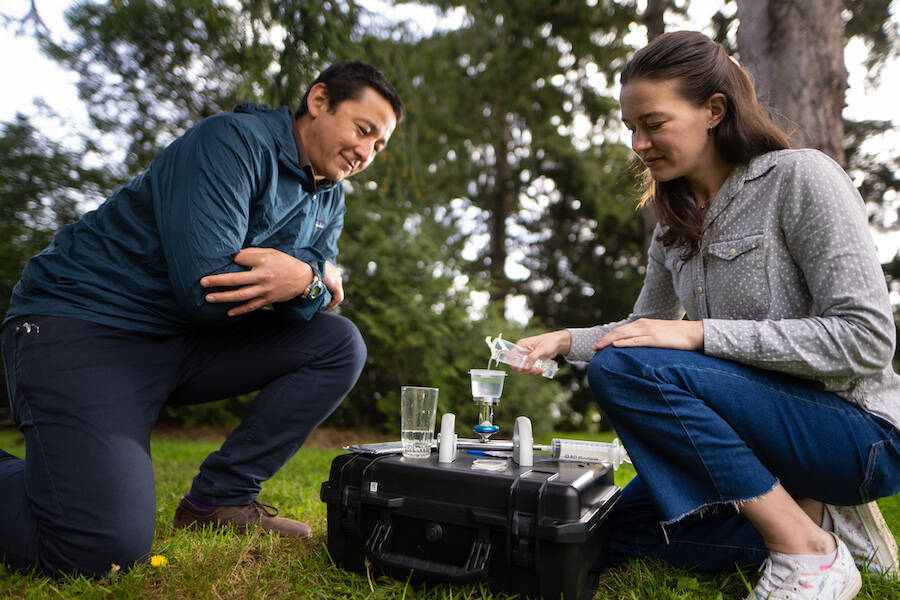Providing remote and poorly served communities with the know-how to fix their drinking water and wastewater problems is the goal of a new project being led by a B.C. researcher.
The Natural Sciences and Engineering Research Council of Canada has awarded a $1.65 million grant to a team led by Caetano Dorea, a professor at the University of Victoria.
The money will fund a program aimed at training engineering students on work relating to water and sanitization projects. The projects will be context-specific and include both international and Canadian communities facing water crises.
“Issues with safe drinking water and safe disposal of wastewater are not unique to low- and middle-income countries,” said Dorea. “Countries like Canada aren’t immune to such situations.”
According to the federal government, as of May 28, 2022, there are 34 long-term drinking water advisories in 29 Indigenous communities across Canada.
In December of 2021, the federal government reached an $8-billion settlement with First Nations communities in a lawsuit that included $1.5 billion earmarked for individual members of the affected communities.
Dorea considers the training from the grant to be a departure from conventional engineering practices.
According to him, engineers are usually trained to imagine the best solution with the best resources. However, the grant’s focus is on what can be achieved with limited resources in difficult circumstances.
“[Low-resource communities] need to achieve the same water quality standards as everyone else,” said Dorea.
While the project does hope to contribute to solving water and sanitation issues, Dorea recognizes that the program is not the final solution.
“We’re not an aid organization,” he said. “Our mandate is … advancing knowledge and training people who might one day solve the problem.”
The program will include graduate students and professors from eight universities across three Canadian provinces.
“The goal is to produce engineers with practical experience who can work with communities and implementing agencies to find solutions to their water and wastewater problems,” said Dorea. “You think in a different way when you have an understanding of the inequities you’re addressing.”
RELATED: Feds hope long-term boil water advisories lifted by 2025, end of Liberal-NDP deal
RELATED: Islander aims Clearflo clean drinking water system at Canada’s remote communities

